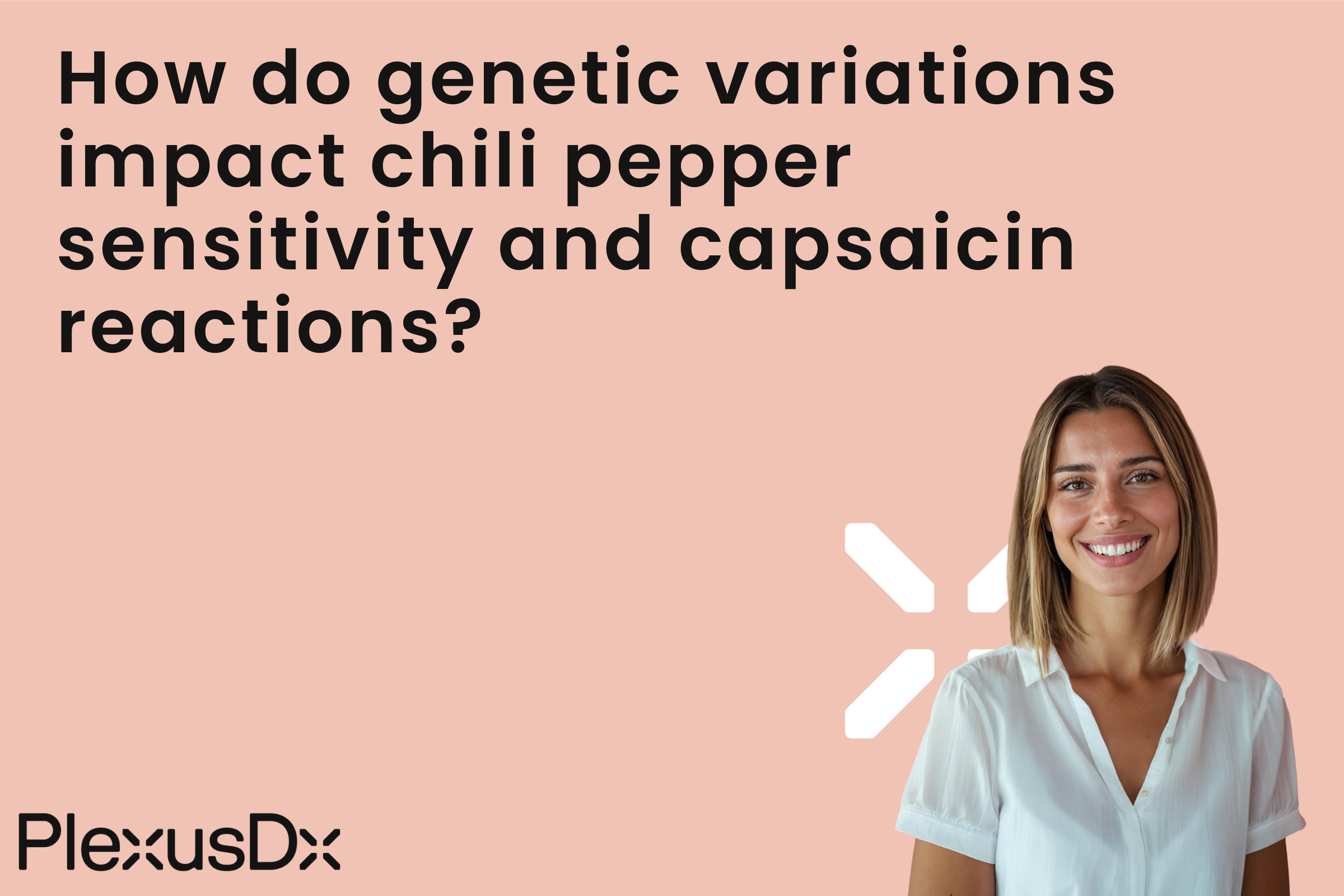Do you wonder why certain individuals consume chili peppers with no difficulty while others cannot tolerate any spice level?
The answer lies in our genetic makeup. We explore the world of chili pepper sensitivity today which is a genetic trait that influences our experience with these spicy foods. Chili peppers serve both as a preferred spice and as a natural aid for digestion and weight control. Capsaicin causes the heat in chili peppers and it serves both as a flavor enhancer in cooking while also showing promise for pain relief. Capsaicin serves as a pain-relieving agent in medical treatments through its application in creams and patches. The sensitivity people have to chili peppers leads to very different reactions among individuals. Certain people manage to eat large amounts of chili peppers without any problems but others feel severe discomfort from a small serving. The sensitivity one feels towards capsaicin is influenced by their genetic background and racial characteristics. The TRPV1 gene plays an essential genetic role in sensing heat and the spicy taste because capsaicin attaches to the protein this gene produces. Genetic variations in the TRPV1 gene affect capsaicin receptor sensitivity which causes people to experience different levels of response to the compound. People who possess genetic variations such as rs57405156-AA, rs12936340-AA, and rs117112057-T tend to feel a stronger burning sensation from capsaicin exposure. Research into the genetic factors affecting capsaicin sensitivity remains an active field of study which may produce inconsistent findings. Genetic tests for chili pepper sensitivity demand careful interpretation until additional research offers better clarity. Precision Health & Wellness tests provided by PlexusDx offer significant insights for individuals who want to explore their genetic predisposition to chili pepper sensitivity. Knowledge of your genetic response to chili peppers enables you to choose your nutrition and diet with greater confidence. To learn about available genetic tests you should check PlexusDx.com and search through Amazon or Walmart offerings. The genetic basis of chili pepper sensitivity offers fascinating insights into why people experience spicy foods differently. Discovering your genetic predisposition towards capsaicin sensitivity allows you to understand how your body reacts and helps you adjust your eating habits to fit your needs. Take control of your wellness and health journey by exploring your genetic profile through testing.

Share:
What health risks come with high ApoB levels and how can genetic testing help?
Effects of Reverse T3 on thyroid health and optimizing levels for well-being?